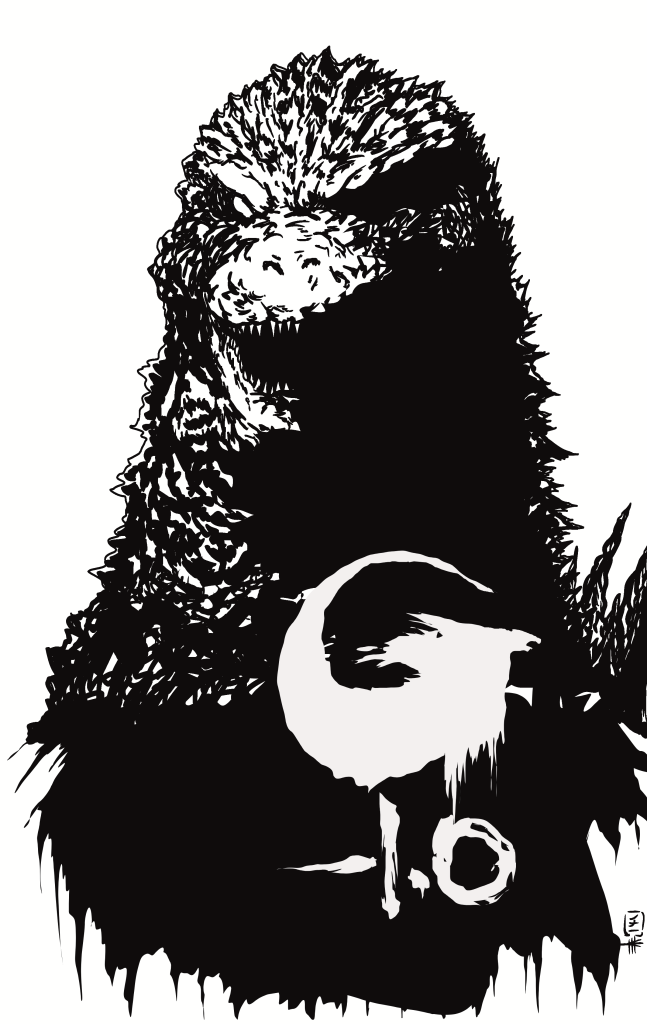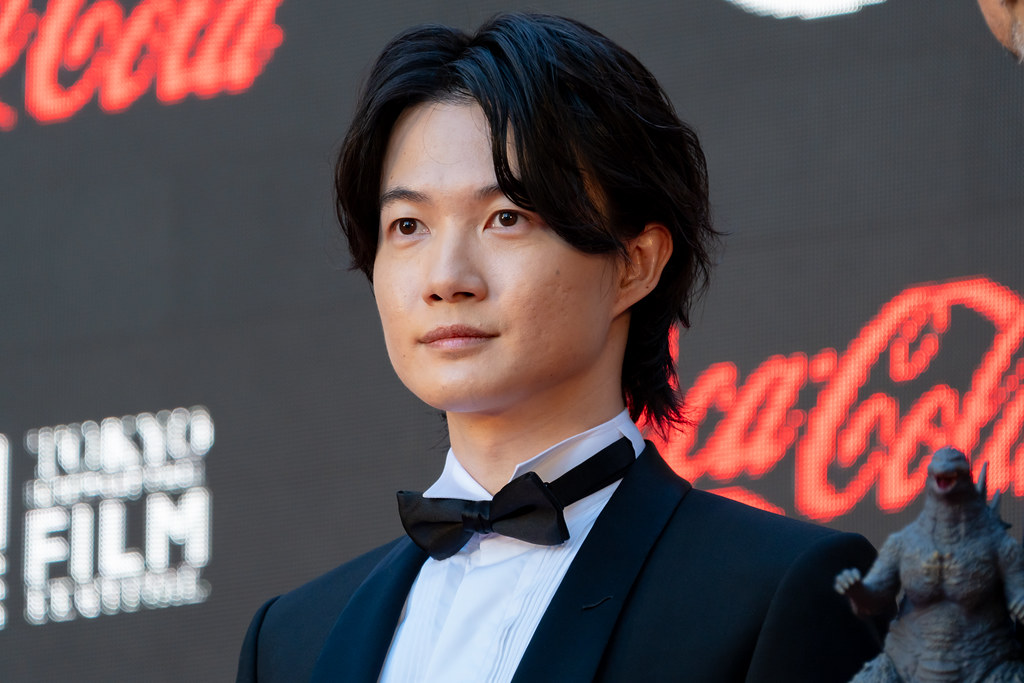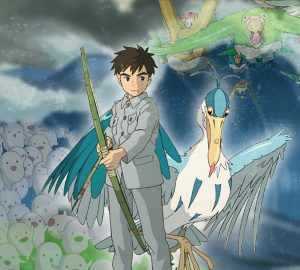“Godzilla Minus One” stomps onto the big screen
“Godzilla Minus One” was released this December and has slowly made its way over to theaters across the United States. It’s quickly been touted as one of the best movies to come out of the Godzilla franchise and both fans of the original 1954 film as well as the newer installments, such as 2016’s Shin Godzilla, have sung its praises. This review will have minor spoilers, so be warned.

The movie begins in the final months of World War II as we follow our main protagonist, Koichi Shikishima, a Japanese kamikaze pilot, who must make an unexpected return to base after his plane has some issues before his mission. After the mechanics thoroughly inspect it, it’s revealed that nothing is wrong with Shikishima’s plane. Accusations of cowardice are thrown around, but one of the pilots comes to Shikishima’s defense. As night begins to fall and the crew of the small airfield begin to settle in, from out of the dark they hear a roar from a creature. One of the airstrip’s crew members shines a searchlight in the direction of the roar only to reveal a not-full-sized but still terrifying Godzilla. Unlike the other Japanese servicemen on the island, Shikishima does not fight back and instead hides as the Kaiju, or giant monster, tears through the airfield, mauling any human that dares to attack it. For this very reason, he survives the night and is able to return home from the war. But throughout the film, you realize that the war, embodied by Godzilla and the destruction that he leaves in his wake, has followed Shikishima home and it still has much more to take from him.

The Godzilla franchise has always dealt with themes of anti-war and Japanese politics. The first Godzilla played off Japanese citizen’s (and eventually the world’s) fear of nuclear weapons and the fallout they create. Other Godzilla films such as Shin Godzilla would update the story to resonate with more modern audiences by including topical issues like Japan’s mishandling of the Fukushima nuclear power plant’s meltdown. However, Godzilla Minus One deals with and portrays these themes the best out of any Godzilla movie that I’ve seen.
The film portrays the idea of survivor’s guilt through the struggles and post-traumatic stress of Shikishima. Throughout the story, he must battle with the guilt of knowing that he ran instead of fighting and dying during the small battle he and the other Japanese crewmen had against Godzilla on that small airstrip years ago. Other soldiers and Japanese citizens make sure to remind him that he is a failed kamikaze pilot and that he did not do his duty during the war.
One of the scenes that struck me the most was in the third act when the group is finalizing their plan to kill Godzilla and Kenji Noda, the leading scientist on the operation, gives a speech to the participants. He talks about the war and how so many of their friends and family members had died fighting for their country. He says that this time, however, will be different. He says that they are not in a fight to the death with Godzilla, but instead are in a fight to survive and secure the future of Japan.

After the scene, both Noda and another character, Seiji Akitsu, are leaving the building when Shiro Mizushima catches up to them, begging them to allow him to take part in the mission. Akitsu staunchly refuses, telling Mizushima, “to have never gone to war is something to be proud of.” The two older men walk away, leaving Mizushima desperately yelling and demanding they let him participate. It falls on death ears though as both men walk away saying they now leave Japan in his (or all of Japan’s youth’s) hands.
Growing up in America and consuming American war films, I saw the idea of one fighting and dying for their country as one of the greatest honors someone could have. I still think it is and going into this movie I was expecting the characters; especially Shikishima, to jump at the chance to fight Godzilla. Instead, he and the other members are extremely reluctant. They ask, “why us?” and tell the government officials recruiting them to find someone else. They are no longer gung-ho about defending their country against a hostile threat. Mind you, this scene takes place after Godzilla has already made landfall and destroyed an entire city, and yet the men still have no desire to fight. It’s a reaction that I wasn’t expecting at all at that moment but that’s why I think this film is so important.
This is a story that can only be told by the Japanese and can only take place during post-World War II era Japan. It is a film so emblematic of the Japanese’s struggles after the dropping of the atomic bombs and their defeat by the allied powers. It’s a film about regaining the strength to stand up and fight, not to die in a blaze of glory, but to live and ensure the lives of others. It’s such a poignant message made even more genuine knowing where it’s coming from. “Godzilla Minus One” isn’t just some big monster flick but a movie about regret, loss, sacrifice, trauma, heroism and the reasons why we fight. While the original film delivered its anti-war message through fear, Godzilla delivers this message through humanity and empathy.





















